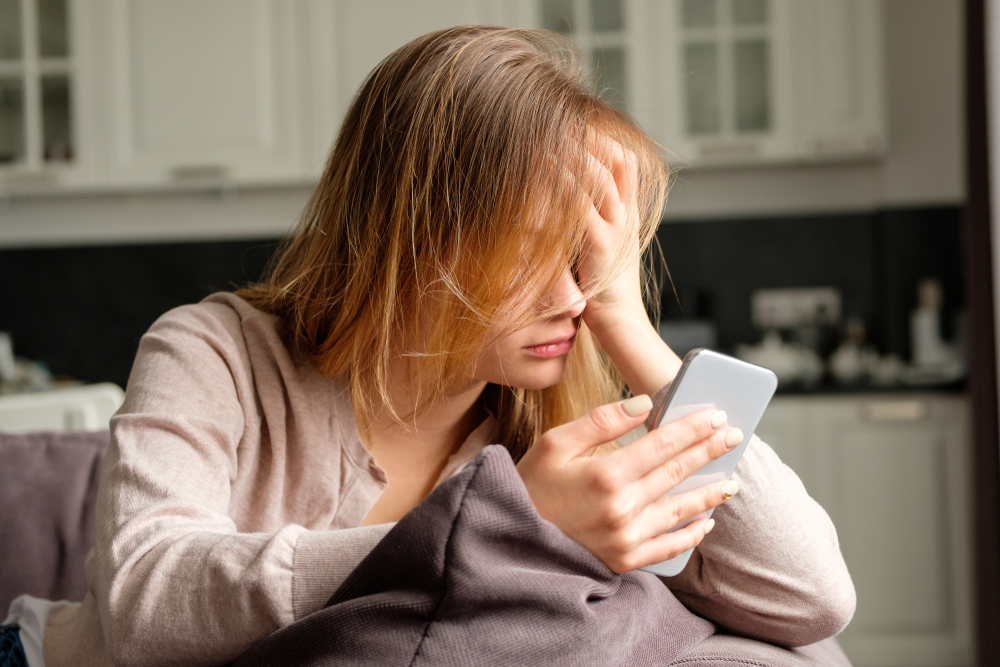Certainly! The impact of social media on mental health, particularly its potential link to depression, is a topic of growing concern and research. Social media platforms have become integral parts of modern communication, connecting people across the globe. However, there are both positive and negative aspects to this digital connectivity, and understanding the relationship between social media use and mental health is essential. Here’s an exploration of the potential link between social media and depression:
Positive Aspects of Social Media:
- Connection and Social Support:
- Social media provides a platform for individuals to connect with friends, family, and communities, fostering a sense of belonging and support.
- Information Sharing and Awareness:
- Social media enables the rapid dissemination of information, raising awareness about mental health issues, reducing stigma, and connecting individuals with valuable resources.
- Expression and Creativity:
- Users can express themselves creatively through posts, photos, and other media, providing an outlet for self-expression and personal growth.
- Community Building:
- Social media allows the formation of online communities centered around shared interests, hobbies, or support for specific challenges, creating virtual spaces for like-minded individuals.
Negative Aspects and the Link to Depression:
- Social Comparison:
- Regular exposure to curated and idealized representations of others’ lives on social media can lead to social comparison. This constant comparison may contribute to feelings of inadequacy, low self-esteem, and increased depressive symptoms.
- Cyberbullying and Harassment:
- Social media platforms can be breeding grounds for cyberbullying and online harassment. Negative interactions, including hurtful comments and messages, can contribute to mental health challenges, including depression.
- Fear of Missing Out (FOMO):
- Constant exposure to the activities and experiences of others can fuel a fear of missing out. Individuals may feel left out or unfulfilled, potentially leading to increased stress and depressive feelings.
- Excessive Time Spent Online:
- Excessive use of social media, especially when it interferes with daily activities and face-to-face interactions, can contribute to feelings of isolation, loneliness, and, in some cases, depression.
- Unrealistic Beauty Standards:
- The prevalence of edited and filtered images on social media can contribute to unrealistic beauty standards. Exposure to these standards may impact body image and self-esteem, potentially leading to depressive thoughts.
- Social Isolation Despite Connectivity:
- Paradoxically, heavy social media use has been associated with feelings of social isolation. Individuals may experience a sense of disconnection from real-world relationships, leading to increased vulnerability to depression.
Moderating Factors:
- Individual Differences:
- The impact of social media on mental health can vary based on individual factors such as personality, coping mechanisms, and resilience.
- Purposeful Use:
- How individuals use social media matters. Purposeful and positive engagement, such as connecting with supportive communities, seeking information, and fostering genuine connections, can mitigate negative effects.
- Digital Literacy and Awareness:
- Enhancing digital literacy and promoting awareness of the potential impact of social media on mental health can empower users to make informed choices and set healthy boundaries.
Mitigating the Impact:
- Setting Boundaries:
- Establishing limits on social media use, such as designated screen-free times or days, can help prevent excessive exposure and maintain a healthy balance.
- Mindful Consumption:
- Encouraging mindful consumption involves being aware of emotional reactions to social media content and consciously choosing positive and uplifting content.
- Building Offline Connections:
- Prioritizing face-to-face interactions and nurturing real-world relationships can counterbalance the potential negative effects of social media on social connections.
- Seeking Support:
- If individuals experience depressive symptoms related to social media use, seeking support from friends, family, or mental health professionals is crucial.
In conclusion, the relationship between social media use and depression is complex and influenced by various factors. While social media can provide valuable connections and information, its impact on mental health underscores the importance of mindful use, awareness, and the cultivation of positive online experiences. Individuals, platform developers, and society at large play roles in creating a digital landscape that fosters mental well-being and resilience.

